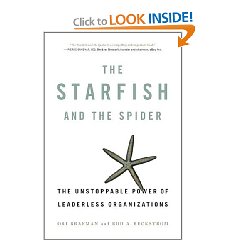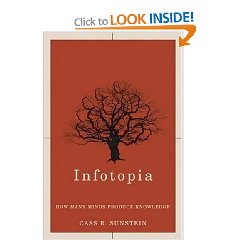 First Rate Primer for New World of Open Policy-Intel Deliberations,
First Rate Primer for New World of Open Policy-Intel Deliberations,
Thomas Quiggin
The publisher, who has an office in the US, has very foolishly listed this book as being available only from Singapore, so a $25 book at this time is only available for $60 from the one person willing to claim they can ship it who will in fact buy it only when they are paid double for it. I have encouraged the author to prevail on the publisher to distribute the book from their office in New Jersey, so that well-intentioned Americans who wish to heal their Republic may acquire this excellent work directly from Amazon.
It was my good fortune to receive a copy of the book in galley form, and below I offer the same remarks that appear on the back of the book. The book describes Singapore's success with the Risk Assessment and Horizon Scanning (RAHS) program. I heard this program briefed in Canada by a Singapore Police Deputy Commissioner, and was enormously impressed. Singapore is doing everything right: emphasis on open sources of information, emphasis on open and inclusive analysis, emphasis on tools for processing instead of wasting billions on secretly collecting the 5% that is relevant, and so on. Here is what I was pleased to provide for the back jacket:
“This is one of the most original, broad-ranging, and indeed exciting books to emerge in the new era that juxtaposes asymmetric and non-traditional threats with distributed and innovative combinations of open sources and methods. Tom Quiggin fully understands that in the age of distributed infromation the concept of ‘central intelligence' is not only obsolete, but that effective intelligence cannot be achieved without the full cooperation of all organizations–governmental as well as non-governmental.
“This work is in my view the first major work in the new generation of intelligence and national security studies and will inform those who have to make the decisions and carry out the work, not only in government, but in the private and non-profit sectors where much of the innovation is occurring.
“With the author being most persuasive to the effect that ‘connecting the dots' for discrete event predictions is not within the capacity of the existing (secret) strategic intelligence community, anticipatory warning systems such as horizon scanning must not only be implemented for all forms of threat including communicable diseases, but they must be created with the full participations of all elements of society.”
The jacket identifies me as CEO of OSS.Net, Inc. but does not mention that I was the senior civilian responsible for creating the Marine Corps Intelligence Command in 1988, and served six tours in the clandestine service of the Central Intelligence Agency, including three overseas tours under cover, and three tours dealing with counterintelligence, advanced information processing, and future imagery and signals collection systems. I mention this because in my view the secret intelligence community as it now exists must be destroyed. We must start over working from outside in and rightside up. Instead of spending 99% of the funds on the 5% we can steal (but not process), we need to take the US intelligence budget of $60 billion a year, and break it into three parts:
1) Free online education in all languages available by the call to the five billion poor, who receive free cell phones as part of the deal.
2) Earth Intelligence Network done right (I have created the non-profit version of this together with Jim Turner's Transpartisan Policy Institute, as a stop gap pending a moral intelligent transpartisan Congress and Executive team being elected in the USA).
3) A mix of cladestine and technical secret intelligence collection, most done in collaboration with host governments and focused strictly on transnational crime including multinational corporate corruption, theft, and money launders, and on terrorism, with half the money spent on properly integrating all known information both open and secret.
The Game is ON. For those who wish to prosper in the newly-appreciated national security environment that this book by Thomas Quiggin addresses, I also recommend the books on Ecological Economics, Natural Capitalism, and Capitalism 3.0. If we all commit to informed democracy and moral capitalism, the future will be bright for all of us, including the five billion poor at the bottom of the pyramid, whom we must empower so that they can create wealth as C. K. Prahalad suggests in “The Fortune at the Bottom of the Pyramid.”
Natural Capitalism: Creating the Next Industrial Revolution
Capitalism 3.0: A Guide to Reclaiming the Commons (BK Currents)
Ecological Economics: Principles And Applications
The Fortune at the Bottom of the Pyramid
 Click Here to Vote on Review at Amazon,
Click Here to Vote on Review at Amazon,
on Cover Above to Buy or Read Other Reviews,
I Respond to Comments Here or There













